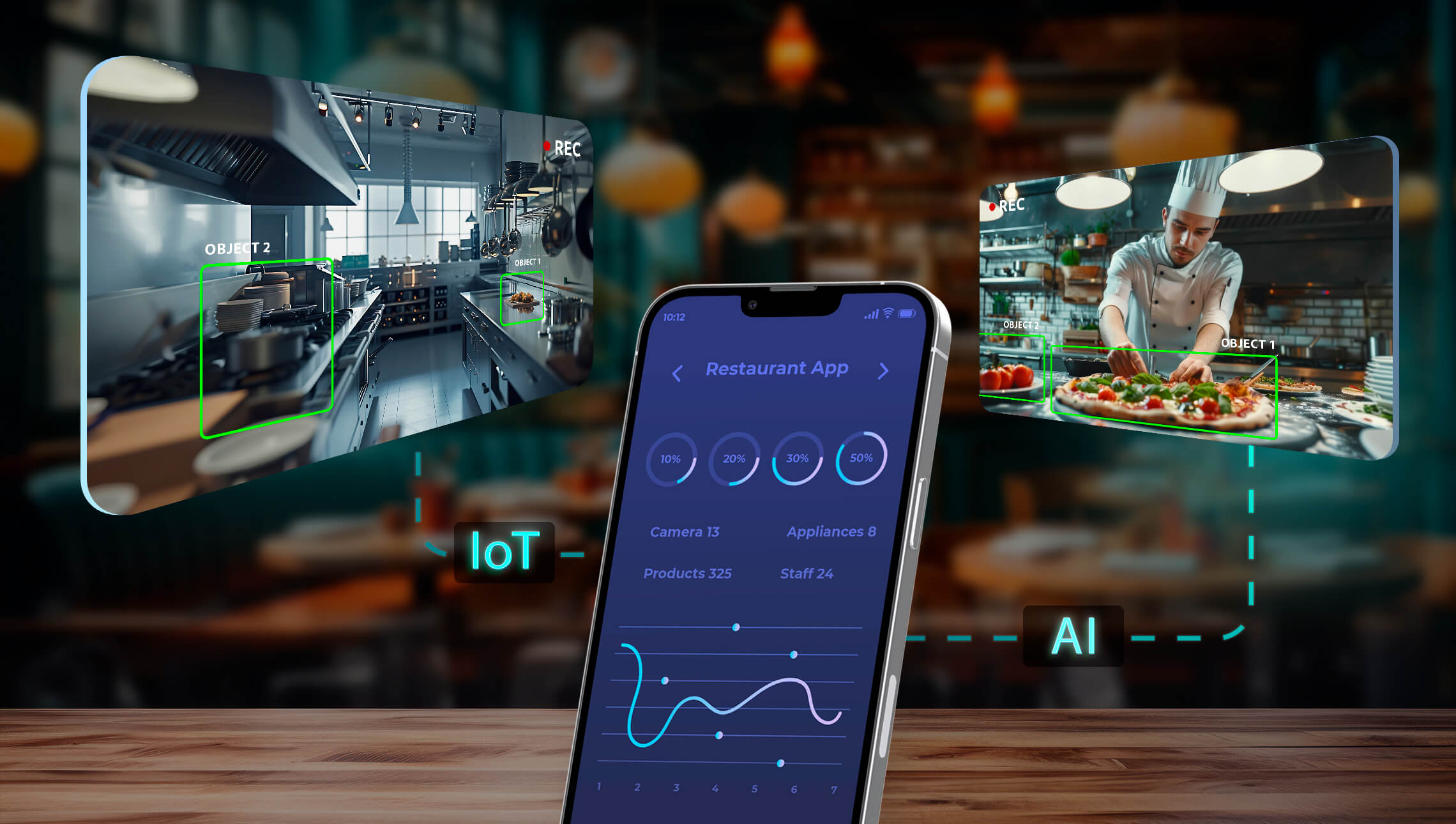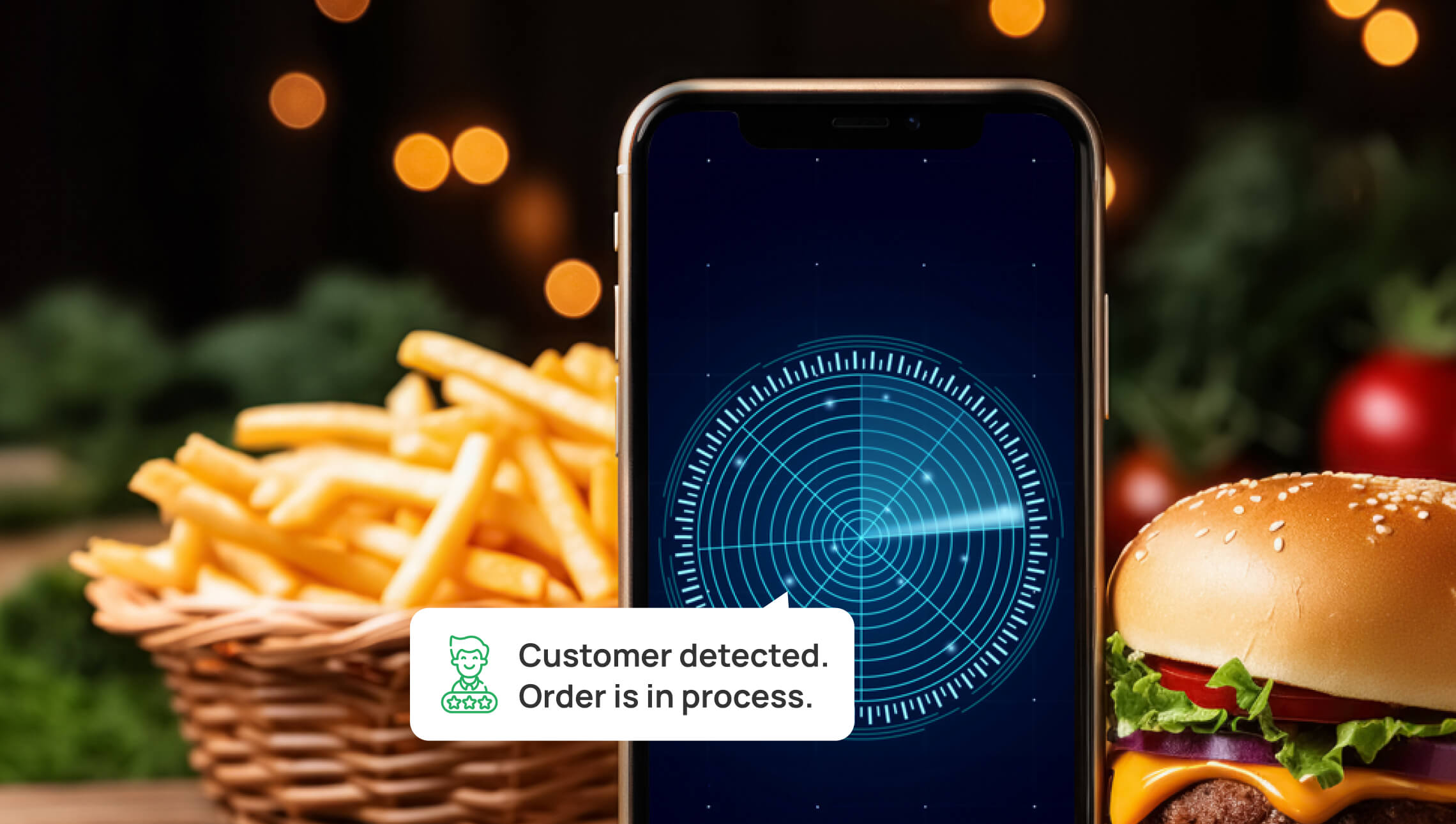HIPAA Laws Increase Need for Healthcare Compliance Software

In our previous blog post, we discussed the vital nature of HIPAA laws in today’s society. HIPAA stands for the Health Insurance Portability and Accountability Act. Basically, it sets the standard for the protection of patient data. Since 1996, when HIPAA was passed,, it is used to improve the portability of health insurance, to protect the privacy of patients and health plan members, and to ensure that health information is kept secure.
According to the U.S. Department of Health and Human Services (HHS), health plans, healthcare clearinghouses, healthcare providers who conduct certain financial and administrative transactions electronically must comply with HIPAA privacy standards. However, it doesn’t maintain authority over life insurance companies and public agencies that deliver social security or welfare benefits.

What is HIPAA Compliant Software?
HIPAA compliant software is an app or service for healthcare organizations that includes all the necessary privacy and security safeguards to meet the requirements of HIPAA. Those safeguards are secure messaging solutions, hosting services, and secure cloud storage services.
Its purposes are to make organizations and business processes HIPAA compliant, ensure compliance with HIPAA and HITECH Act Rules, and make sure all provisions of the HIPAA Privacy, Security, Breach Notification Rule, and Omnibus Rules are satisfied.
Having HIPAA compliant software helps businesses avoid fines and regulations for noncompliance, save reputation, and build trust.
What if Healthcare Providers Violate HIPAA Rules and Regulations?
A breach is defined in HIPAA section 164.402, as: “The acquisition, access, use, or disclosure of protected health information in a manner not permitted which compromises the security or privacy of the protected health information.”
There are four potential outcomes of HIPAA violations, all of which can damage the company’s reputation which will have an impact on a business KPIs. The degree will depend on the severity of the violation but it is surely not something that a company would be willing to face or deal with.
- Employee that broke HIPAA rule can be terminated
- A company can face sanctions from a professional board
- Civil penalties start at $100 fine per violation by any individual, and can rise to $25,000 for multiple violations of the same type.
- Criminal penalties. The maximum fine is $250,000, but the violation of HIPAA rules can result in a detention.
Unfortunately, many HIPAA laws violations are subject to workers’ activity, including:
- Using their personal device at work
- Ignoring ongoing training about HIPAA compliance. According to the 2017 State of Privacy and Security Awareness Report, 78% of healthcare workers were either unaware or were not adhering to data privacy requirements.
- Poor implementation of new technologies into existing infrastructure
These threats seem to be minor but they can each lead to HIPAA violations. Working with professionals helps healthcare providers stay compliant with HIPAA laws. At Softarex, all of the engineers involved in healthcare solutions development are HIPAA certified. Moreover, we invite medical specialists to get a deeper understanding of processes, methods, and approaches used in the healthcare industry.
Getting HIPAA Compliant?
HIPAA compliance is a necessity but it’s never a one-size-fits-all solution as the needs of each company have to be identified. It is imperative to find a software developer that will take the steps to understand your unique business needs to protect your business and your patients/clients.
Softarex excels with over twenty years of experience in full-cycle development and can ensure that your office operates in full HIPAA compliance. Our engineers can further develop any additional custom Healthcare solutions to bring your business up to date. Take a look at our portfolio and contact us to discuss your next project.





